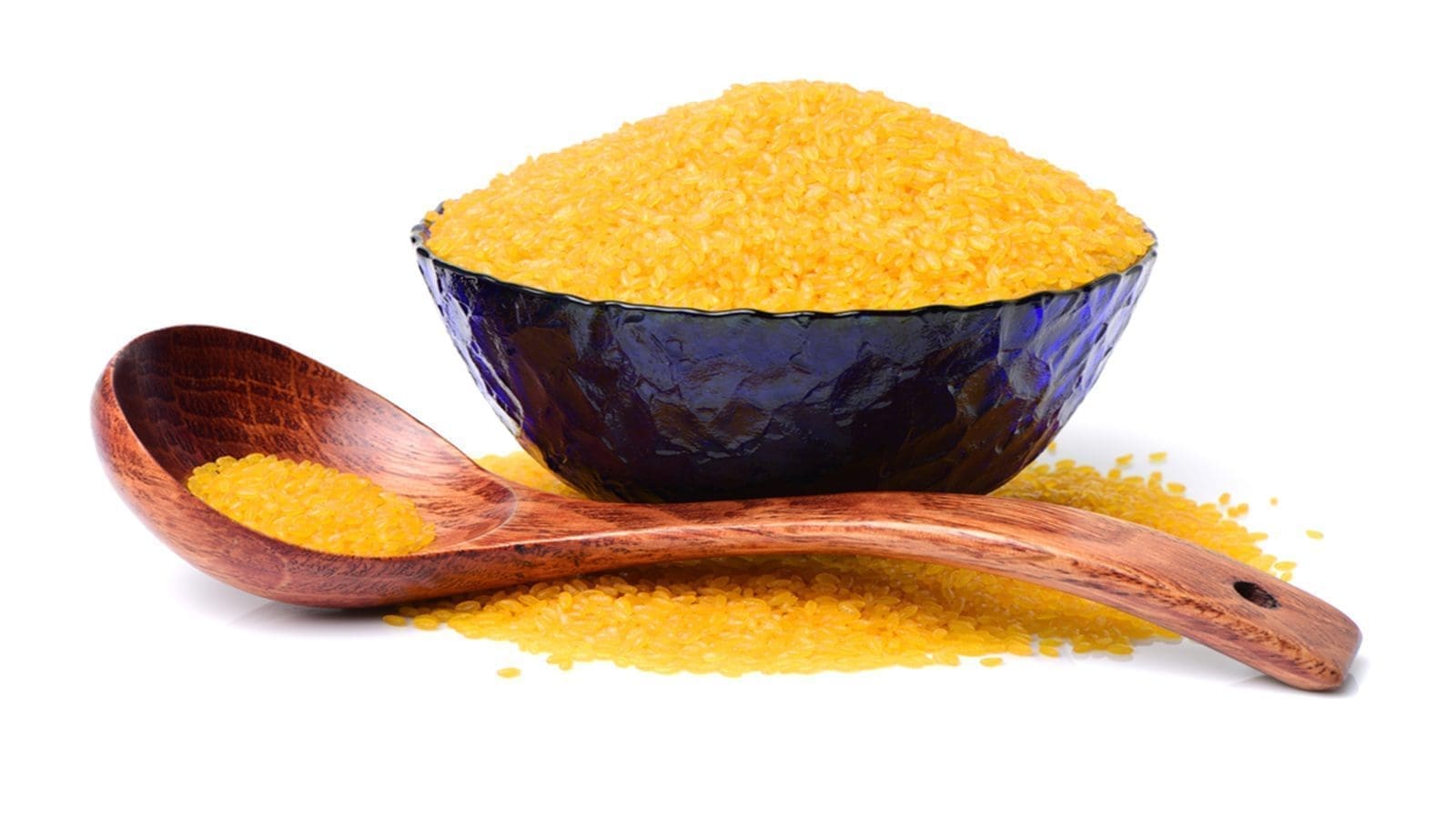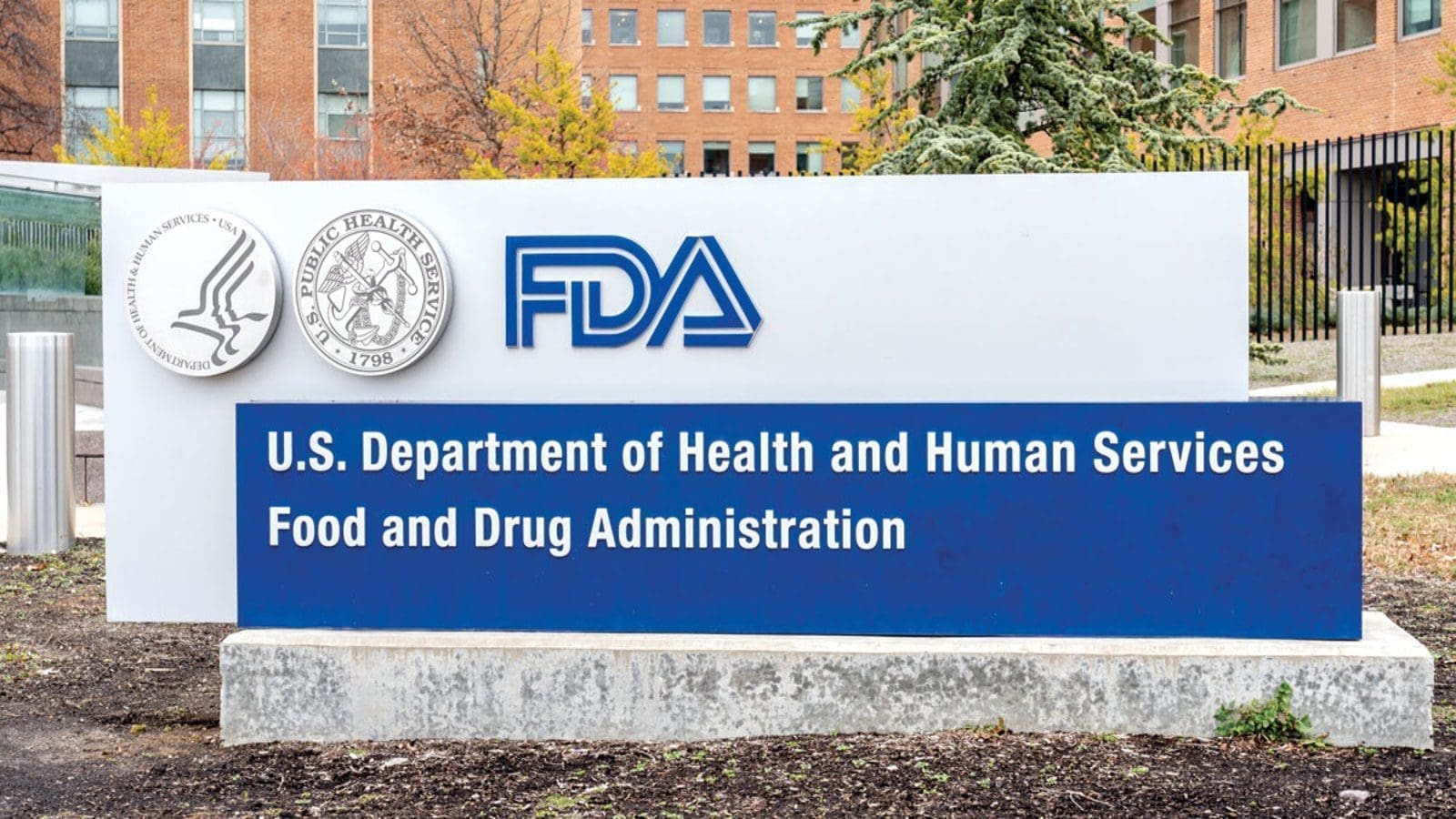PHILIPPINES – The Philippine Rice Research Institute (PhilRice) is set to begin mass deployment of Golden Rice to farmers by ramping up its seed production operations following the approval of the commercial propagation of Golden Rice.
Farmers in the Philippines obtained the seal of approval to grow genetically engineered Golden Rice in July 2021, marking the successful culmination of a decades-long initiative.
The International Rice Research Institute (IRRI) developed the improved grain in cooperation with the Philippine Rice Research Institute (PhilRice) under the Healthier Rice project.
William Dar, Secretary for the Department of Agriculture (DA), led the ceremonial handover of the Golden Rice seeds to seed growers and producers during his visit to PhilRice Central Experiment Station in the Science City of Muñoz in the province of Nueva Ecija on May 6, 2022
Golden Rice seeds were also distributed to selected seed growers and regional DA research and experiment centers in Ilocos Norte and Isabela earlier this week.
These provinces are among the areas identified for the expanded seed production of Golden Rice in Memorandum Order No. 19 Series of 2022, which institutionalizes the support of the Department of Agriculture for the deployment of Golden Rice across the country.
Golden Rice is the first genetically modified rice variety for improved nutrition. Intended as a complementary intervention to address vitamin A deficiency (VAD), it has been assessed to be as safe as ordinary rice with the added benefit of beta-carotene in the grains in five countries, including the Philippines.
Golden Rice was recently registered with the National Seed Industry Council (NSIC) as NSIC 2022 Rc 682GR2E or Malusog 1.
The biosafety approval of Golden Rice for commercial propagation firmly cements the Philippines’ leadership in agriculture biotechnology in the Association of Southeast Asian Nation (Asean) region.
Golden Rice has already received food safety approvals from regulators in Australia, New Zealand, Canada and the United States, but the Philippines is the first country to green light commercial cultivation.
The crop is currently undergoing final regulatory review in Bangladesh.
Vitamin A deficiency in Philippines
Dar had earlier in February informed that this year marks the start of massive production of Golden Rice seeds, particularly in the vitamin A-deficient provinces.
“On the policy front, the National Seed Industry Council (NSIC) has adopted a unified policy for the varietal registration of all genetically modified crops, which paves the way for a streamlined deployment timeline for Golden Rice,” Dar said during the Healthier Rice Project Team and Advisory Committee (HRAC) meeting.
As a member of the National Nutrition Council, the Department of Agriculture had committed to pursue the inclusion of Golden Rice as one of the recommended interventions in the Philippine Plan of Action for Nutrition, which currently includes the study of biofortification in its revised research agenda.
The department has poured extensive resources into the new facilities of the Crop Biotechnology Center in DA-PhilRice, where the Golden Rice Program office and other ongoing biotech crop research activities will be housed.
About one in five children from the poorest communities in the Philippines suffer from vitamin A deficiency (VAD), which affects an estimated 190 million children worldwide.
The condition is the most common cause of childhood blindness, as well as a contributing factor to a weakened immune system.
Studies have shown that one cup of cooked Golden Rice contains enough beta-carotene to meet up to 30 to 50 percent of the vitamin A needs for children under the age of 5 — the group in the Philippines most at risk of VAD.
At present, only two out of 10 Filipino households get sufficient quantities of vitamin A in their daily diet.
According to Alliance for Science, Golden Rice adds an important nutrient to a staple food in the Philippines, where people eat about 120 kilograms of rice annually per capita.
Liked this article? Subscribe to Food Safety Africa News, our regular email newsletters with the latest news insights from Africa and the World’s food safety, quality and compliance. SUBSCRIBE HERE








